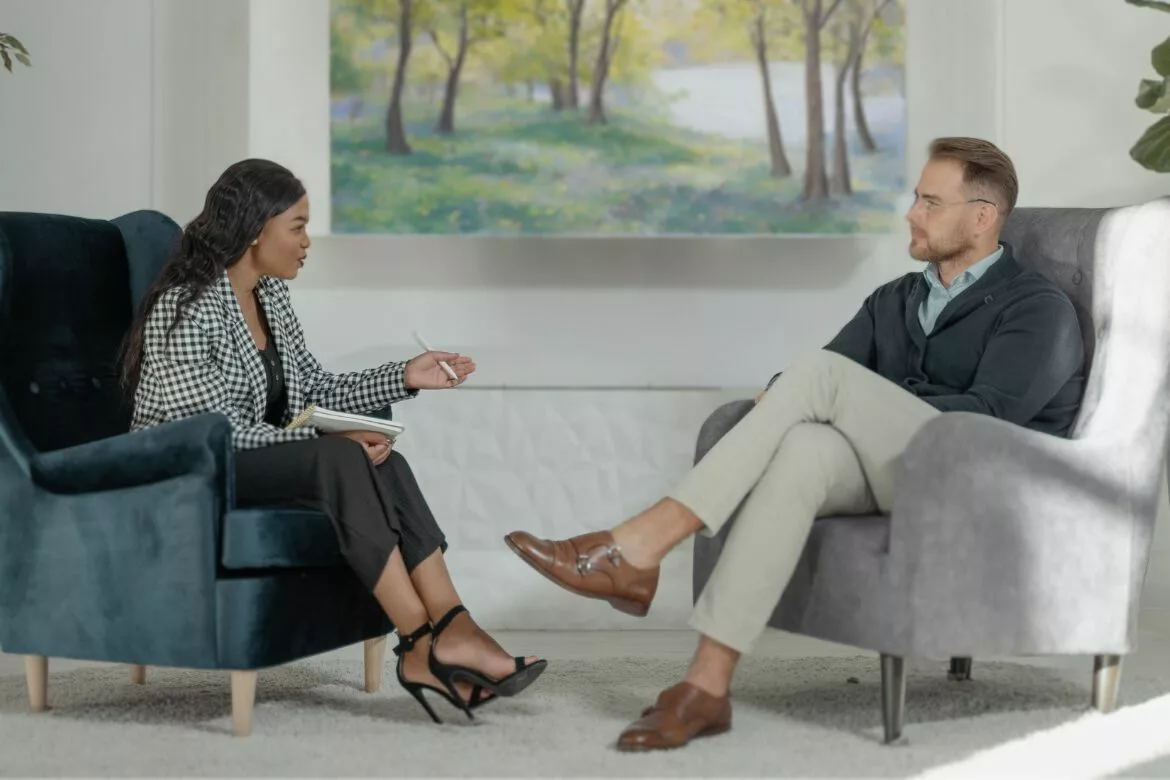
12 Ways to Spend More Time Outdoors
by Counseling and Wellness Center of PittsburghOctober 2, 2023 meditation, mindfulness, mindfulness based stress reduction, nature therapy, outdoor yoga, relaxation, self care, stress managment0 comments
With the crisp, autumn air in Pittsburgh, seizing the last warm days before winter arrives is a true delight. Embracing the outdoors during this season can infuse your days with a touch of brightness and tranquility.
Increasingly, we learn that the great outdoors may have many secrets to enhancing our wellness potential. In fact in a 2013 study published by the National Institute of...Learn More
Psychological Testing & A Caution on Self-Diagnosing Mental Health
by Counseling and Wellness Center of PittsburghSeptember 19, 2023 ADHD, ADHD / ADD, ADHD in women, adhd testing, psychological assessment, psychological testing, self diagnosis, self-diagnosis, social media therapy0 comments
In recent times, social media has become a valuable source of information, support, and community for individuals seeking to understand their mental health. While it’s great to see awareness increasing, there’s a concerning trend of self-diagnosing mental health conditions like ADHD and personality disorders based on online content. In this blog post, we’ll...Learn More
CBT vs DBT vs ACT: What Are The Types of Therapy Available
by Counseling and Wellness Center of PittsburghSeptember 15, 2023 CBT, cognitive behavior therapy, cognitive behavioral therapy, EMDR, IFS, Internal Family Systems, Trauma-Focused Cognitive-Behavioral Therapy, type of therapy, types of therapies, types of therapy0 comments
At Counseling and Wellness Center of Pittsburgh, we understand that every individual’s journey to mental health and well-being is unique. That’s why we offer many types of therapies to address a variety of emotional and psychological challenges.
Among the many approaches available, you can explore several effective therapies including, Cognitive-Behavioral Therapy (CBT)...Learn More
Toxic Positivity: The Dark Side of “Always Be Positive”
by Counseling and Wellness Center of PittsburghSeptember 12, 2023 always be positive, fake happiness, forced happiness, good vibes only, toxic positivity0 comments
In a world that often seems relentless and challenging, the mantra of “always be positive” has become a resounding echo in our ears. We’re bombarded with motivational quotes and social media posts exhorting us to “look on the bright side” and “stay positive.” Positivity, in and of itself, is a valuable trait, but when taken to extremes, it...Learn More
The Mind Body Connection: Listening to Your Body’s Signals
Have you ever experienced a day when certain parts of your body simply ache? Or have you found it challenging to sit still, caught in a repetitive behavior like leg shaking? Our bodies communicate with us in various ways, offering insights that we must learn to understand. Let’s explore the mind body connection, acknowledging how the mind and body influence each other. At times,...Learn More
Worry, Stress and Anxiety: What’s the Difference?
by Counseling and Wellness Center of PittsburghAugust 15, 2023 anxiety, Anxiety and Stress, anxiety disorders, anxiety treatment, generalized anxiety disorder therapy pittsburgh, social anxiety, stress, stress management, stress responses, therapy for anxiety, worry0 comments
As a Therapist at the Counseling and Wellness Center of Pittsburgh, I frequently encounter a prevalent concern among clients – the pervasive presence of stress and anxiety in their daily experiences. Without a doubt, stress and anxiety can be unsettling, and they can feel particularly intense when they appear to pose a threat to one’s well-being. However, in instances where...Learn More
